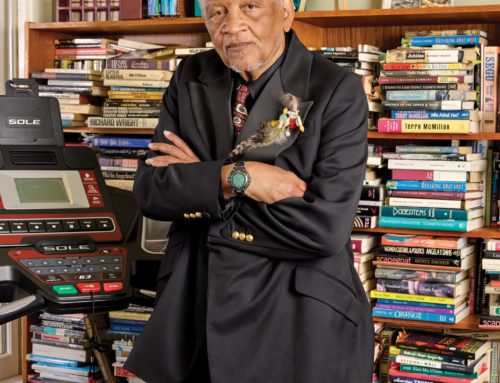In trying to frame a review of S.D. Chrostowska’s novel Permission, I have repeatedly jammed myself against many of the conundrums that the book’s narrator describes, imposes, chews, digests, and synthesizes for her reader.
I have, for example, just now resisted the impulse to place the terms novel, narrator, and reader under radical suspicion. (I realize that the last sentence carries out the impulse even as it purports not to). Permission, thoroughly soaked in deconstruction, repeatedly places its own composition under radical suspicion.
This is maybe a bad start to a review.
Another description:
Permission pretends to be the emails that F.W. (later F. Wren, and even later, Fearn Wren) sends to an unnamed artist, a person she does not know, has never met, whom she contacts in a kind of affirmation of reciprocity tempered in the condition that her identity is “random and immaterial.” She aims to work out “an elementary philosophy of giving that is, by its very definition, anti-Western.” Her gift is the book she creates — “Permit me to write to you, today, beyond today,” the book begins.


